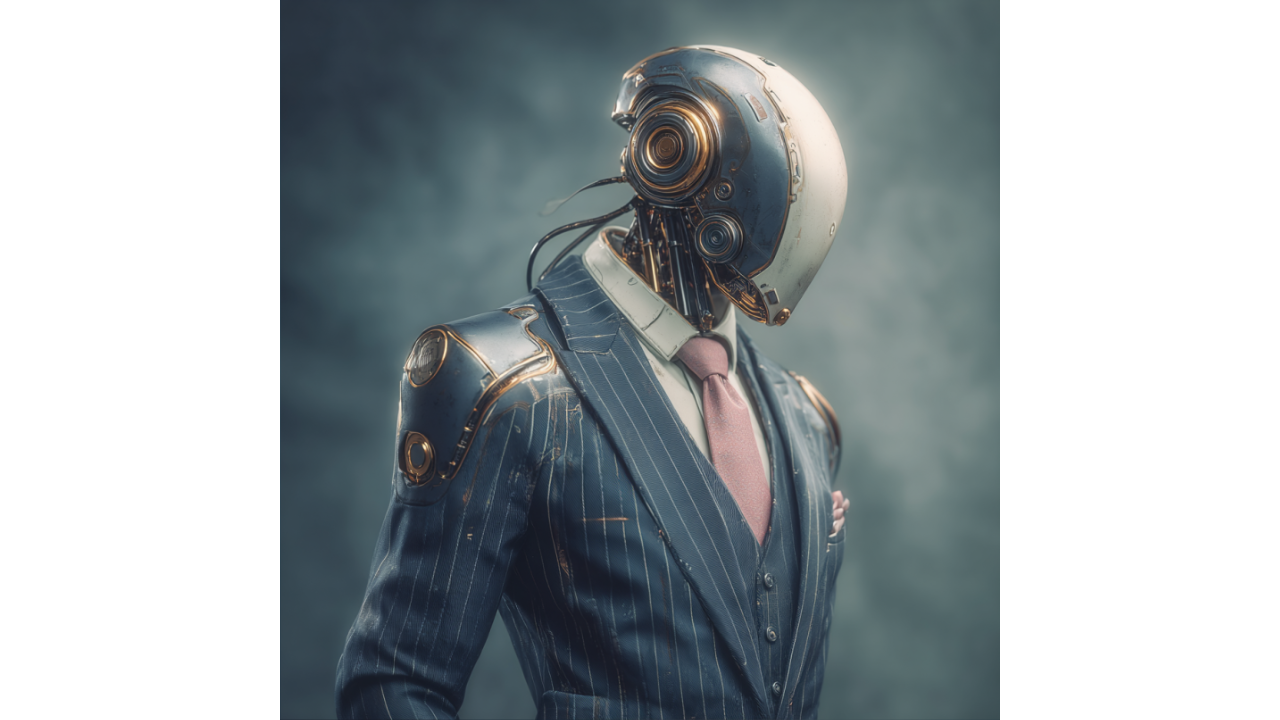Are Chatbot Stock Picks a Recipe for Financial Disaster?
Watching retail investors hand over their financial futures to ChatGPT feels like witnessing a slow-motion car crash orchestrated by Silicon Valley's...

We've handed our hearts to the robots, and now they're learning to break them too.
Tinder just rolled out "Chemistry"—an AI feature that analyzes your camera roll to divine your "vibe" and surface better matches. Meanwhile, Gen Z is asking ChatGPT to draft separation agreements and process their grief. We're now trusting machines with the twin bookends of human vulnerability: falling in love and falling apart.
The numbers tell a story we'd rather not admit. Thirty-six percent of couples use AI for wedding planning, up from 20% just a year ago. The global dating market sits at $10 billion; weddings pull in $100 billion annually in the U.S. alone. And then there are the AI girlfriend and boyfriend apps—entire relationships that exist only in text, with users sometimes starting in their teens. The bots have learned to be empathetic, reflective, even funny. They're always available. They never get tired of your stories.
Here's what we're actually doing: we're beta testing a future where intimacy becomes another optimization problem. Where "getting to know someone" means feeding their photos into a neural network instead of sitting across from them at a bar, fumbling through small talk, learning to read their face when they're lying about whether they liked the movie.
The problem isn't that AI can help with logistics—The Knot estimates their planning tool saves couples 20 hours. The problem is the slippage. We start by letting ChatGPT draft a rehearsal dinner toast, and we end with someone standing at an altar realizing their partner's vows came straight from a template. "Someone else could be reciting those same vows at another wedding, right down the road," warns The Knot's Esther Lee. Love as Mad Libs.
And then there's the data. Every time we ask an AI to help us understand why our marriage is failing or what kind of person we should date next, we're handing over the most intimate architecture of our lives to companies that—let's be honest—need to monetize this eventually. Privacy experts like Signal's Meredith Whittaker have been clear: the enormous costs of running these models will drive companies toward selling our information. Your breakup might become training data. Your insecurities might inform someone else's ad targeting.
Forty percent of singles already consider an AI companion cheating. Some divorces are being blamed directly on ChatGPT dependence. We're watching the collision of human attachment systems—evolved over millennia—with profit-driven software that updates every few months.
What we're witnessing isn't just technological adoption. It's the industrialization of loneliness. When connection becomes a service, when understanding becomes a feature, when empathy ships as an update—we're not eliminating the friction of relationships. We're eliminating relationships.
The bots will get better. They'll remember your birthday, ask about your day, never interrupt you. They'll be trained on millions of conversations to say exactly what you need to hear. And that's precisely the problem. Real intimacy requires someone who doesn't always know what to say, who gets it wrong sometimes, who has their own needs that conflict with yours.
We're not using AI to improve relationships. We're using it to avoid them.
Ready to navigate AI adoption without losing your humanity? Winsome Marketing's growth strategists help companies deploy AI tools that enhance human connection—not replace it. Let's build something that actually serves your customers. Get in touch.

Watching retail investors hand over their financial futures to ChatGPT feels like witnessing a slow-motion car crash orchestrated by Silicon Valley's...

Emma Bowman, an NPR reporter, recently decided to test whether ChatGPT could serve as a neutral relationship mediator for her and her boyfriend...

The Babydoll Archi case isn't just another tech scandal—it's a preview of the gender-based violence nightmare we've unleashed by democratizing...